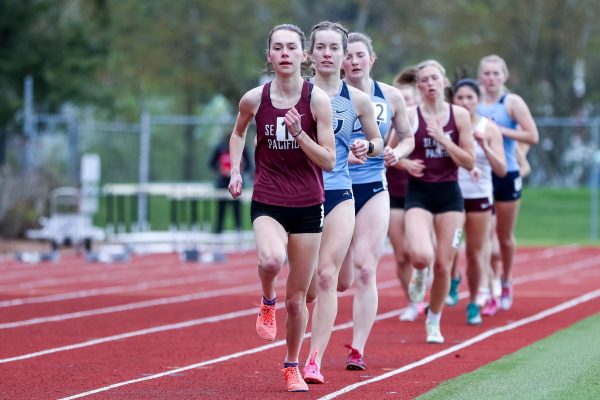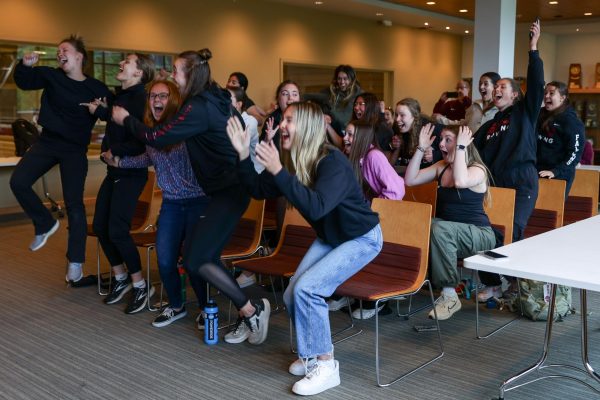Life happens together
Students contemplate values, importance of relationships in global pandemic
January 28, 2021

Both nature and nurture are intrinsic to who we are. Although nature reflects our predestined character, we can’t control the external figures of our nurture: our family.
Some students of Seattle Pacific University grapple with what it means to be family, as well as the changes COVID-19 has brought into their familial relationships.
Elyka Nemoto, a freshman business administration major, recognizes that the intense proximity of quarantine raises tensions between members of her family.
“It’s a lot of personalities in one house,” said Nemoto. “It’s hard because we’re always stuck together. For example, if someone doesn’t do the dishes, it’s World War III and it takes a day or so for everyone to get over it.”
Unfortunately, COVID cabin fever doesn’t always grant a moment’s rest. A lack of personal time leads students to feel quite stir-crazy.
Grace Horn, a freshman visual communications major, explains that her physical boundaries were tested while living at home through the lockdown.
“There’s less concept of personal space. It can get aggravating because everyone is there and you can never get any alone time which gets frustrating for me because I really need it,” said Horn.
Though living with family can be irritating at times, addressing those struggles rather than ignoring them is key. As a cornerstone to intimacy, honesty takes more than a happy front; many times it calls for true feelings of discontent. Through expressing our troubles, we learn to make accommodations and support each other in the long run.
Yes, living with others is undoubtedly hard, but in many ways quarantine has been the opportunity to reinstitute communal values and grow closer with one another.
Senior physiology major, Gray Kolde, said compassion is the most valuable lesson he’s learned over quarantine.
“It’s important for me to make sacrifices. Not the big noble ones; it’s the small ones,” said Kolde. “No one is probably ever going to thank you for them, but it’s the kind of thing that builds relationships between people and builds a sense of need and unity for each other.”
Learning to live under the same roof, Nemoto found intimacy through the simple act of eating together.
“We used to never have dinner together,” said Nemoto. “It’s kinda weird but oddly comforting because now we’re doing ‘normal family’ things. Before COVID, we were really distant, but now we spend so much time together.”
As cliche as it is, home is where the heart is, but unlike students stuck with family, many students found relational belonging with roommates and friends.
For Horn, the risk of transmitting COVID-19 has kept her from travelling home during the school year. However, living on campus has fostered a sense of belonging that somewhat made up for COVID-19 restrictions.
“Not having as many people here, it being a smaller community, you get closer to people. I can talk to my roommate with what I’m going through; she’s kinda like my mom being here,” said Horn.
No one can go it alone; creating family is part of human nature. Kolde recognizes that the people he’s become closest to are within arms reach.
“[Quarantine] is a return to the idea that people need other people. The people in your immediate proximity become your family. In the past, my roommate was my friend and we knew each other, but now he feels more like my brother in a sense,” said Kolde.
Whether family implies ancestry or living situations, the global pandemic has shown that relationships are necessary. It is a paradox that humans are both individual and social creatures; they need other people to survive, but they want to survive as individuals.
Junior computer engineer major, Colin Brenchley believes that independence can interfere with the value of relationships.
“You spend so much time with your family that you don’t really think about how much you appreciate them; you don’t know what you have until it’s gone,” said Brenchley over Zoom.
Whether family represents a parent, sibling, or roommate, relationships are challenged and reappraised during the global pandemic. No two households are the same, but the desire to belong and love exists within everyone.
“Living with people is important for not feeling alone. I’m really grateful for that,” said Kolde.

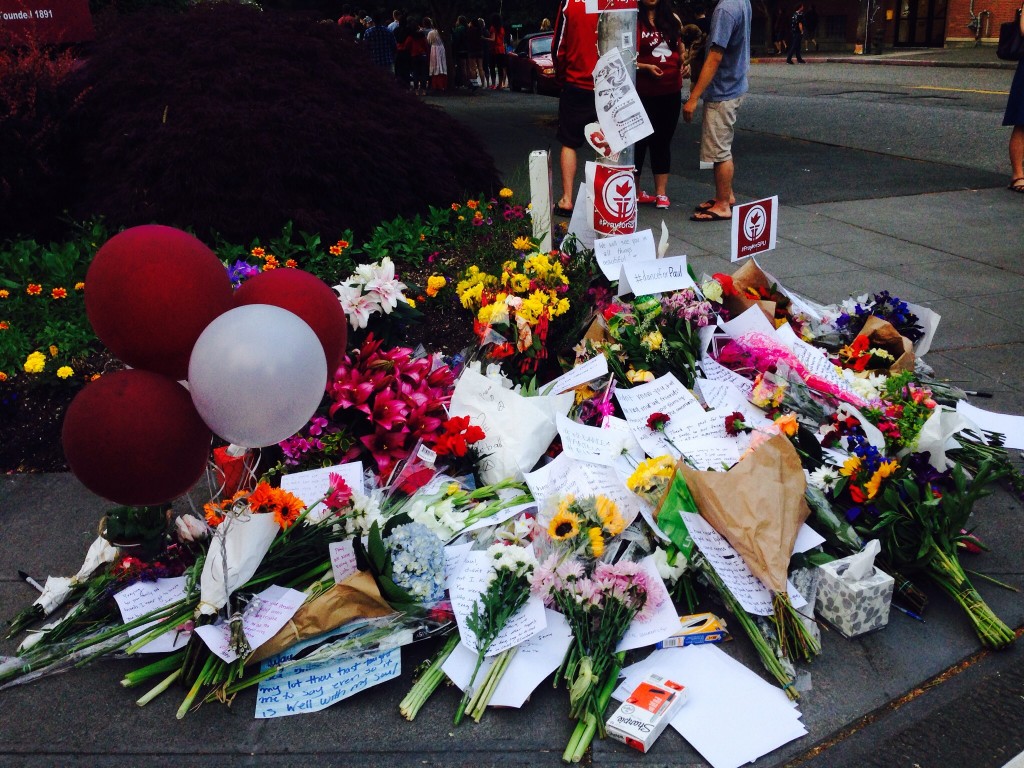

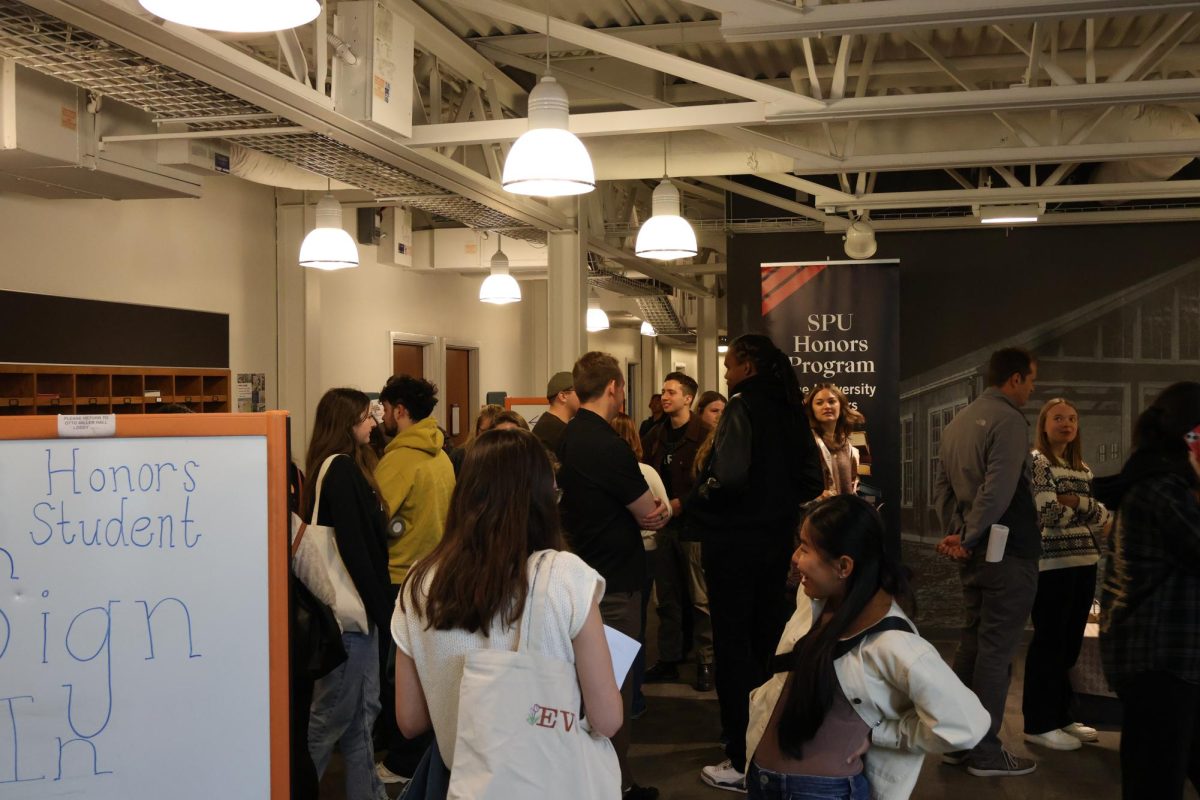
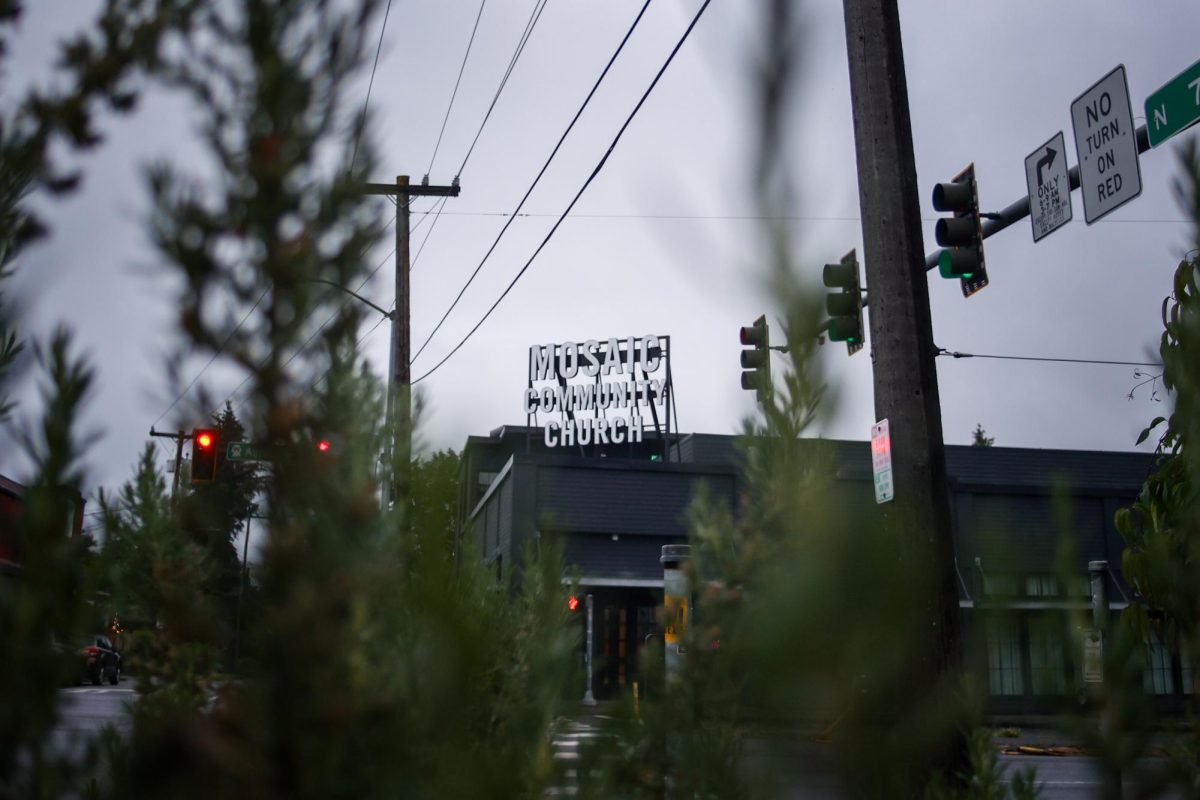
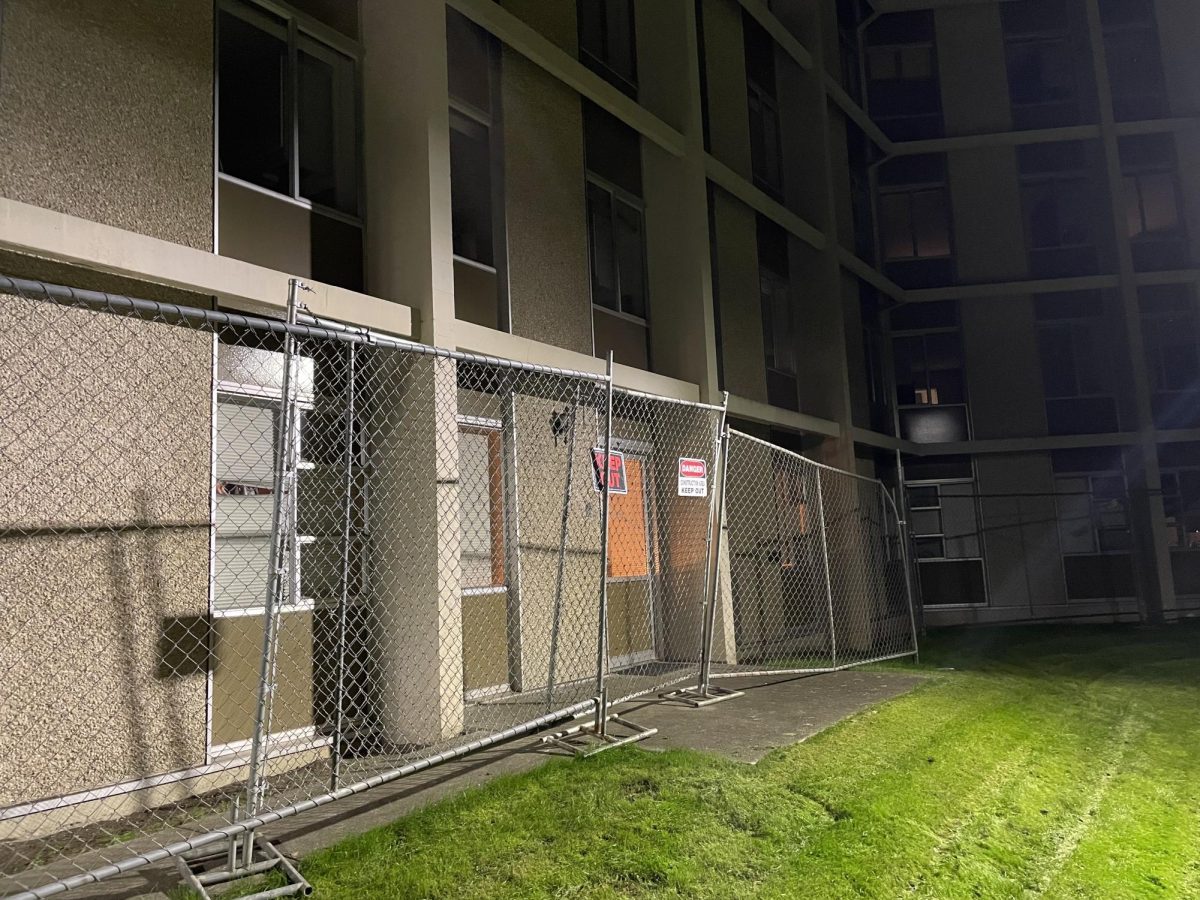









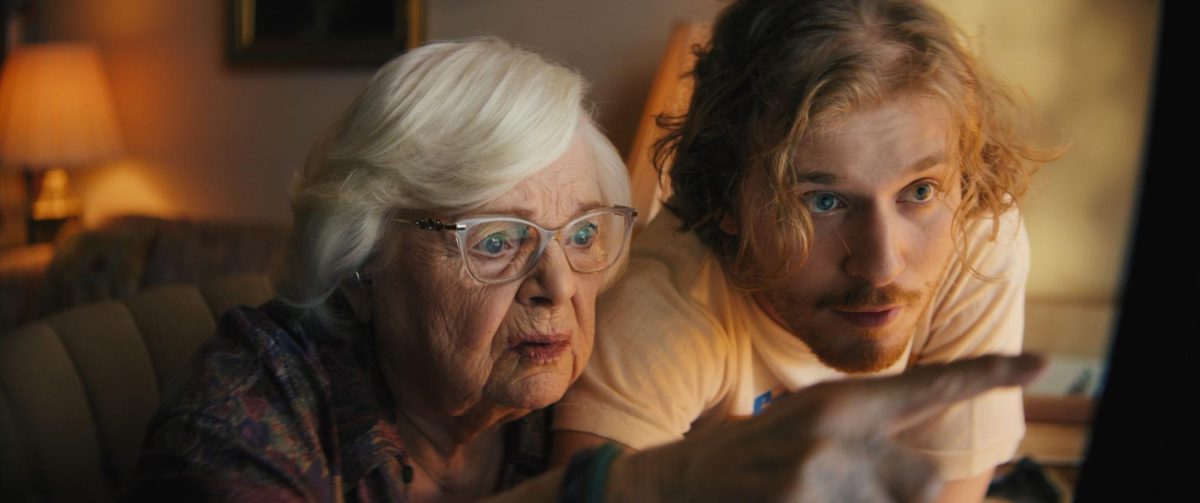
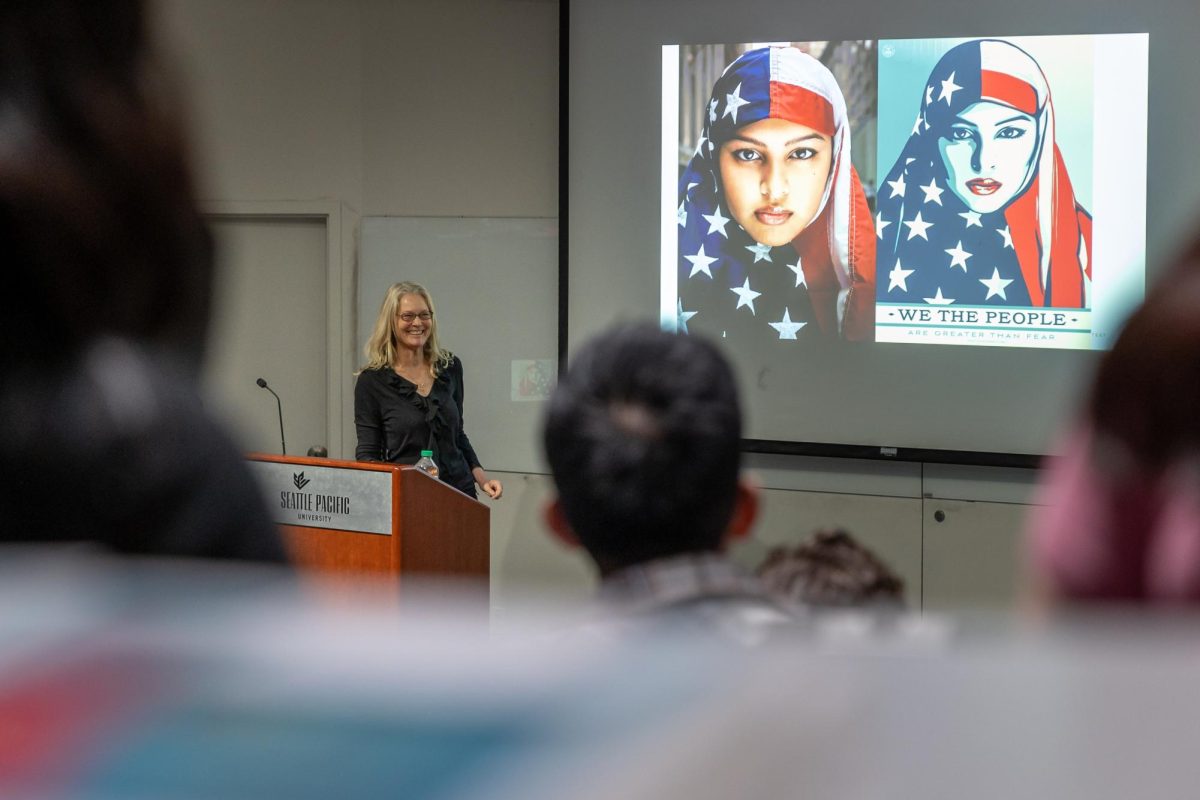


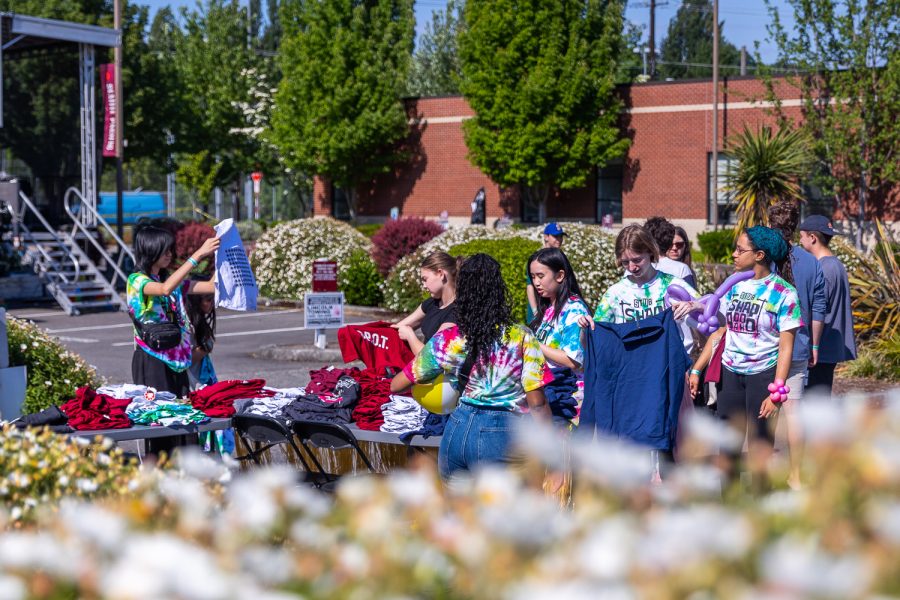
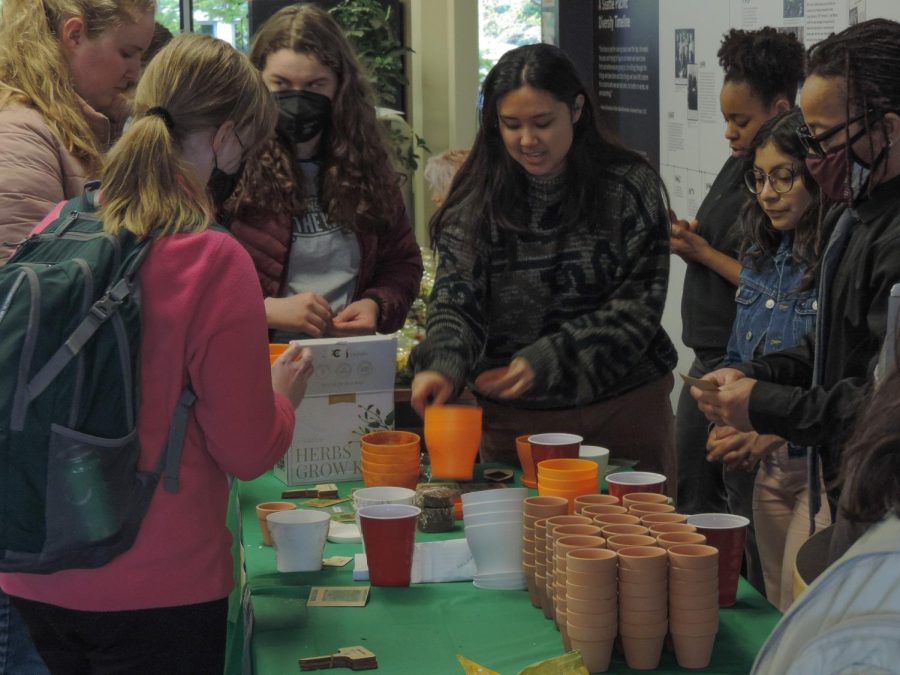

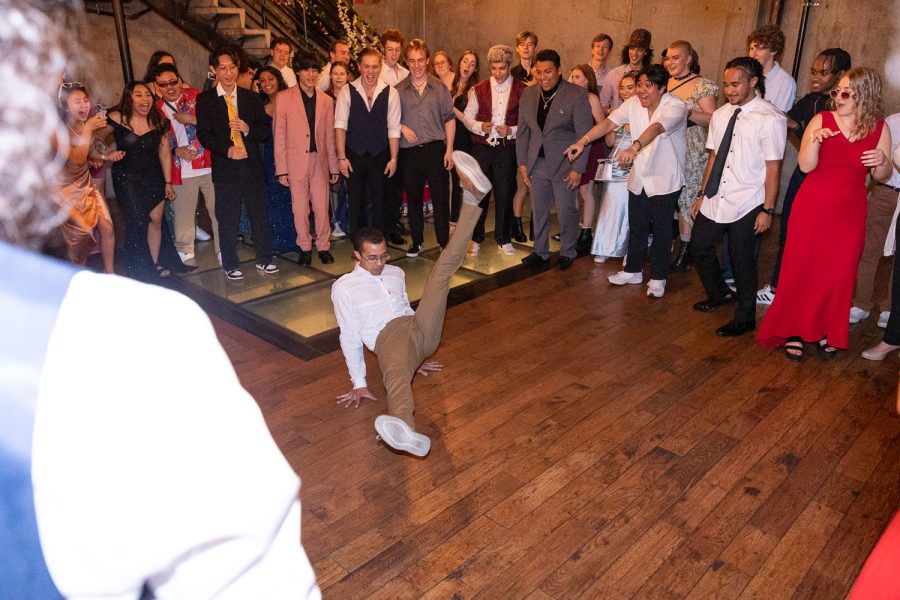

















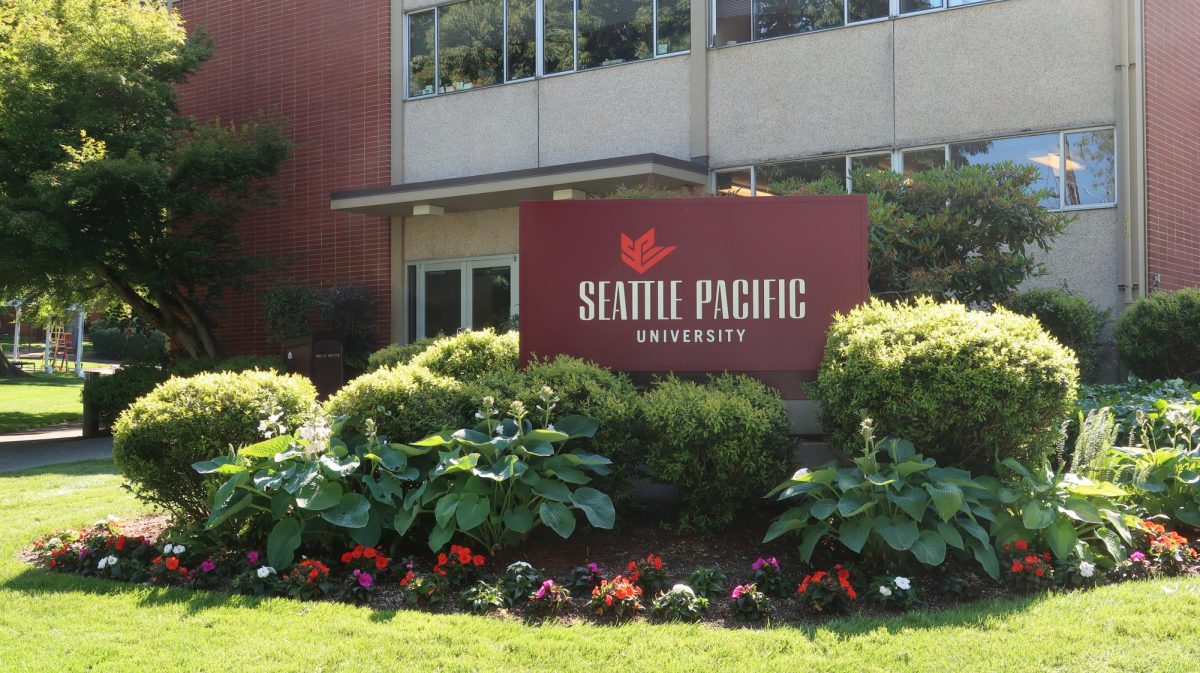
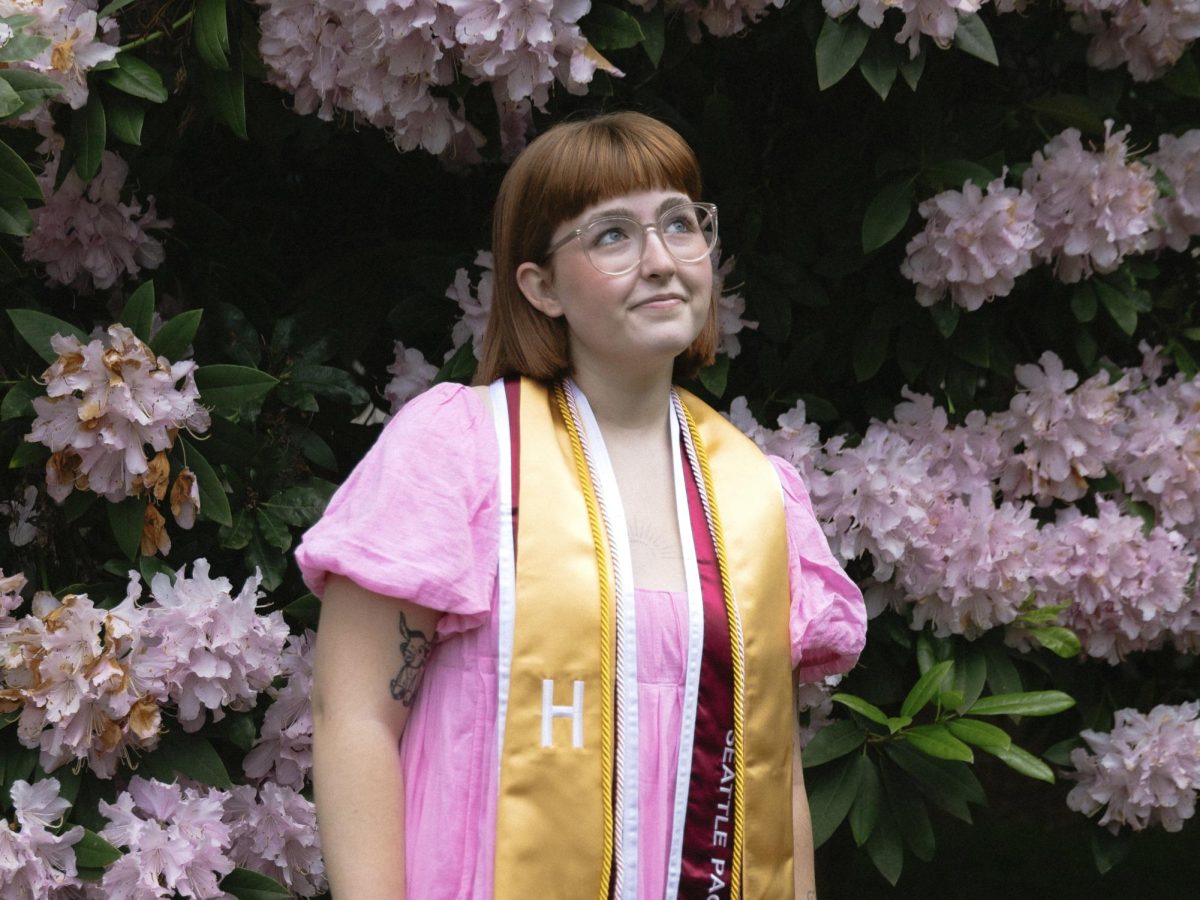

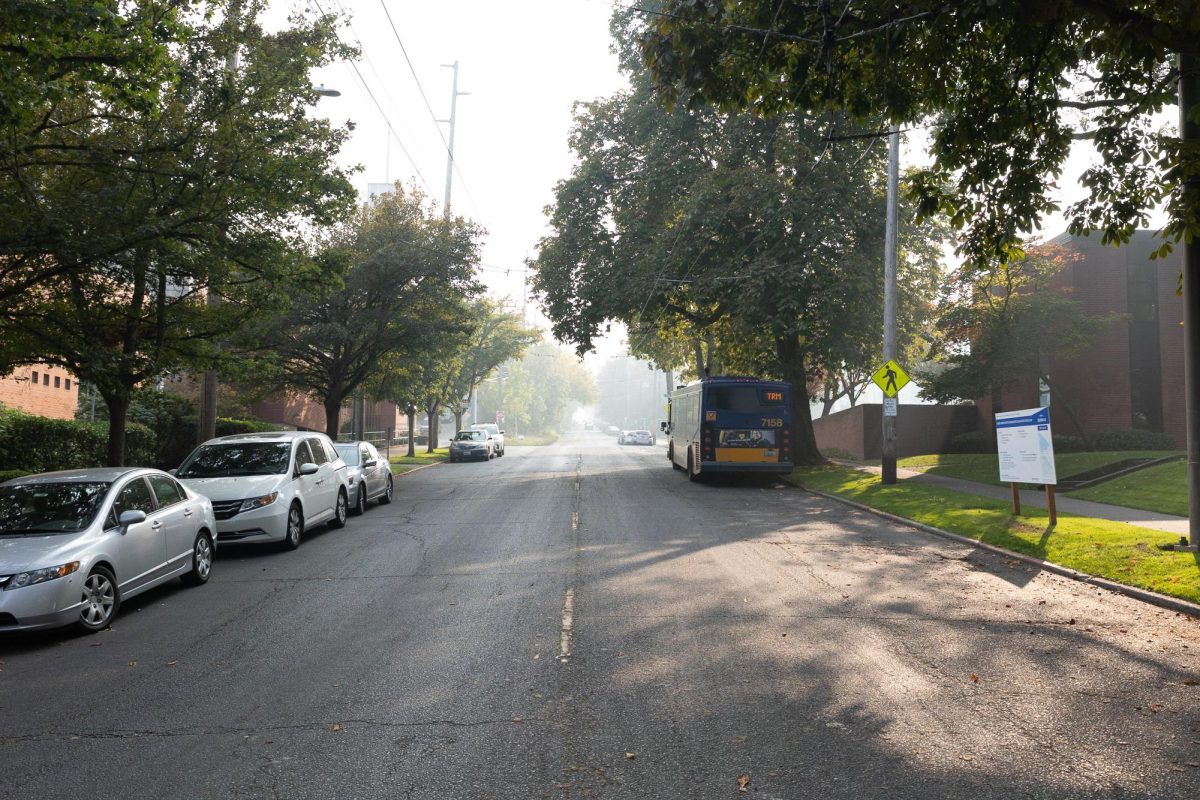


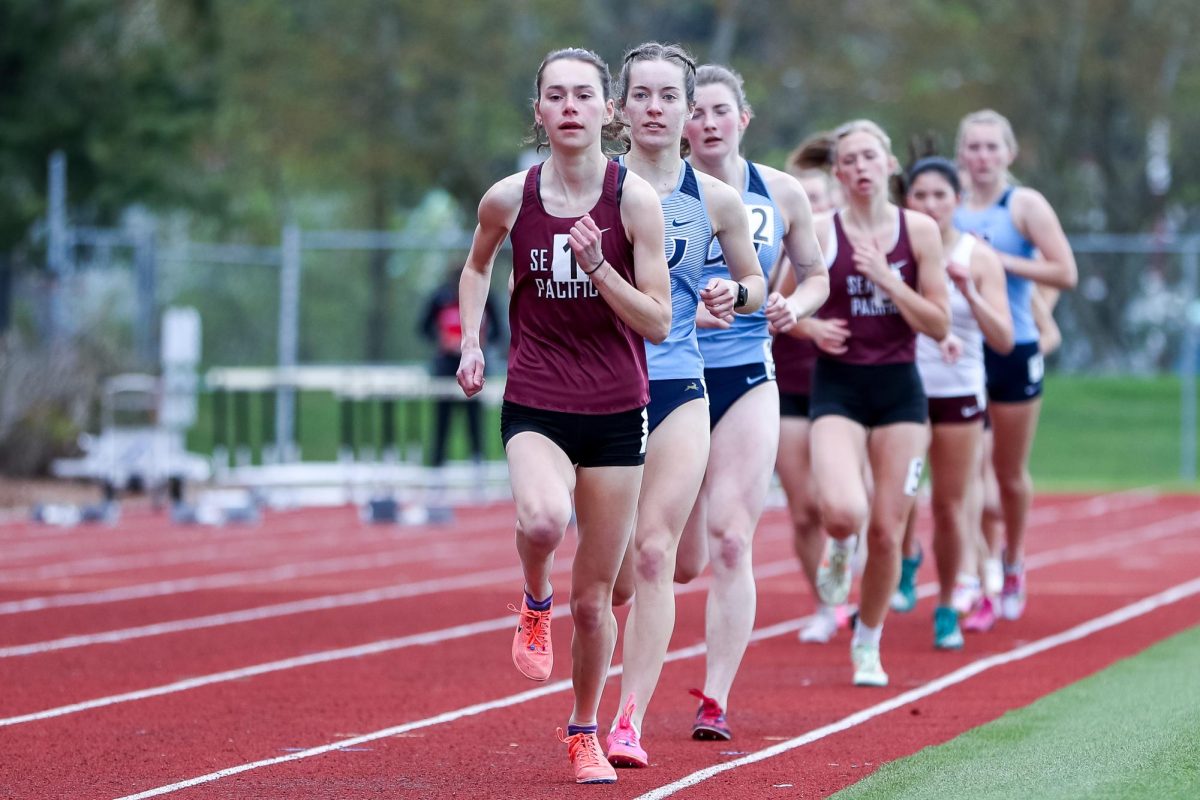
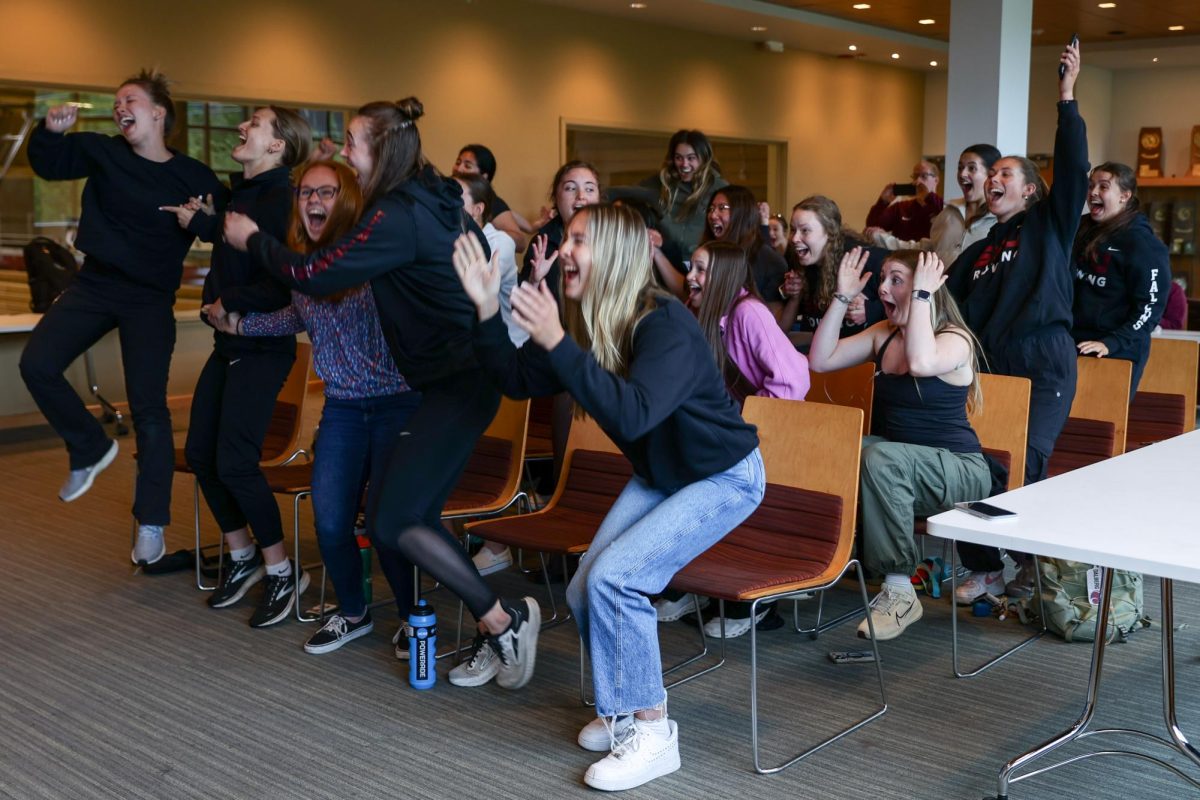
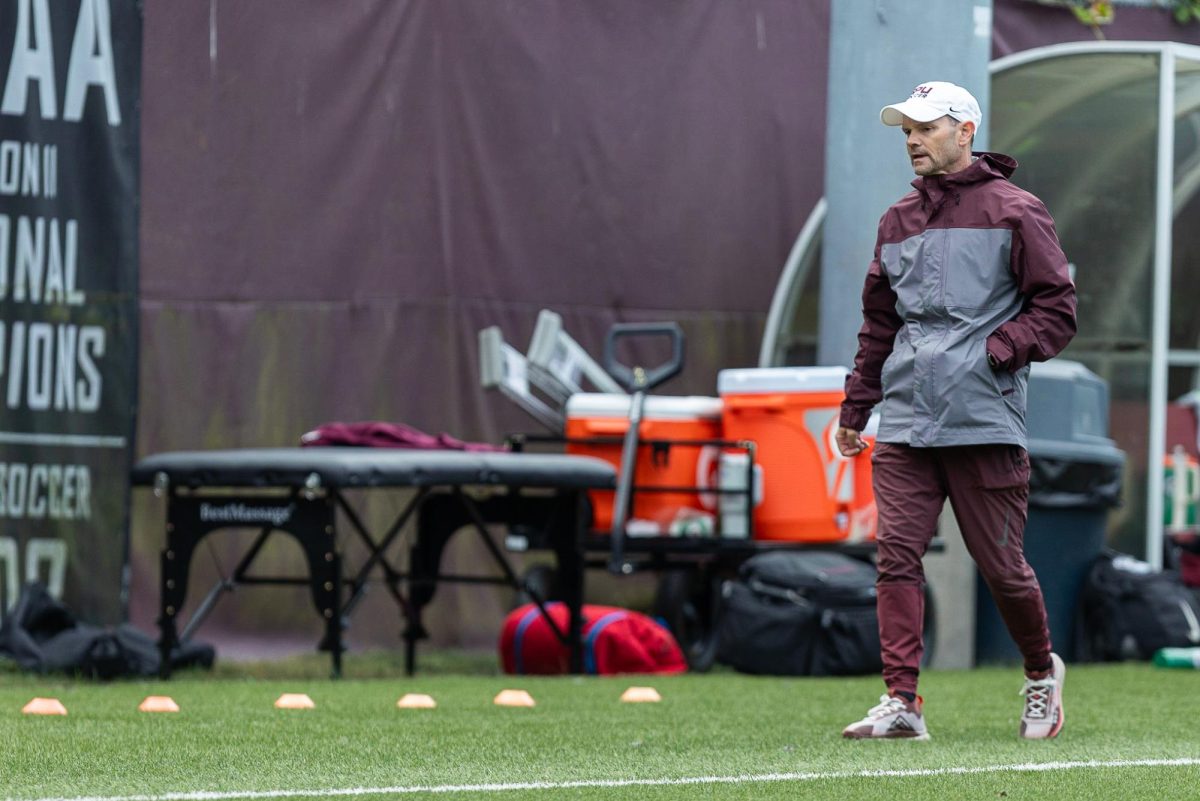
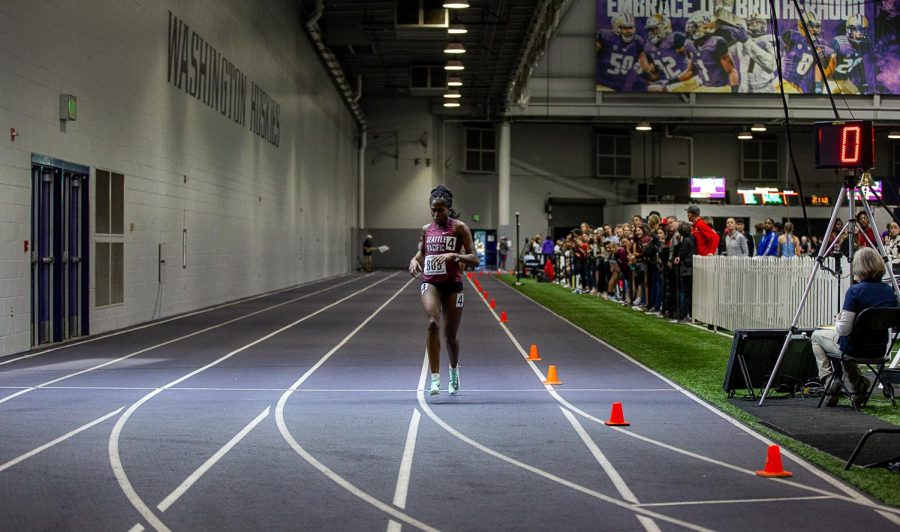

































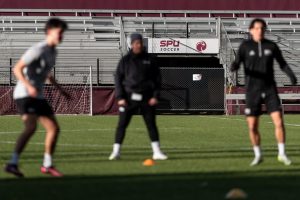

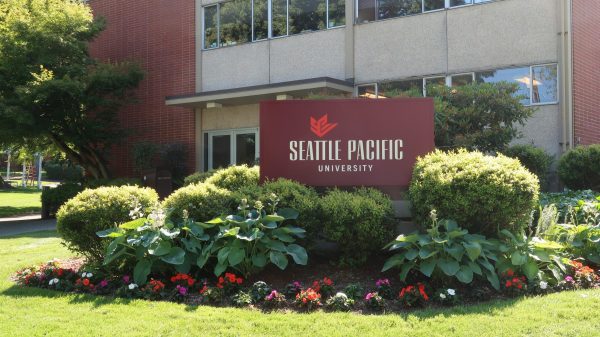

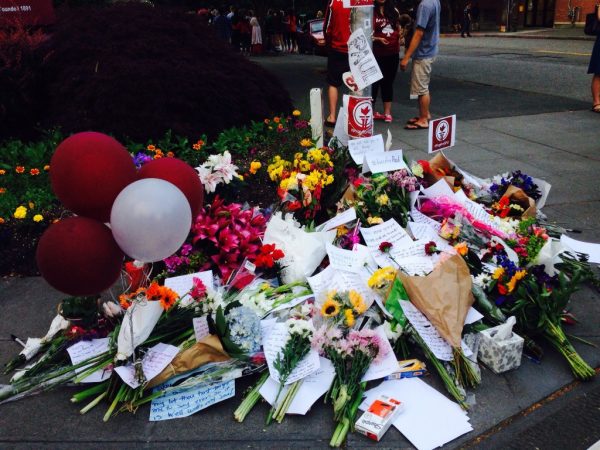



![Queer joy at SPU’s [Redacted] Fest](https://thefalcon.seapacmedia.com/wp-content/uploads/2024/05/04_14_23_9999_1-600x400.jpg)

